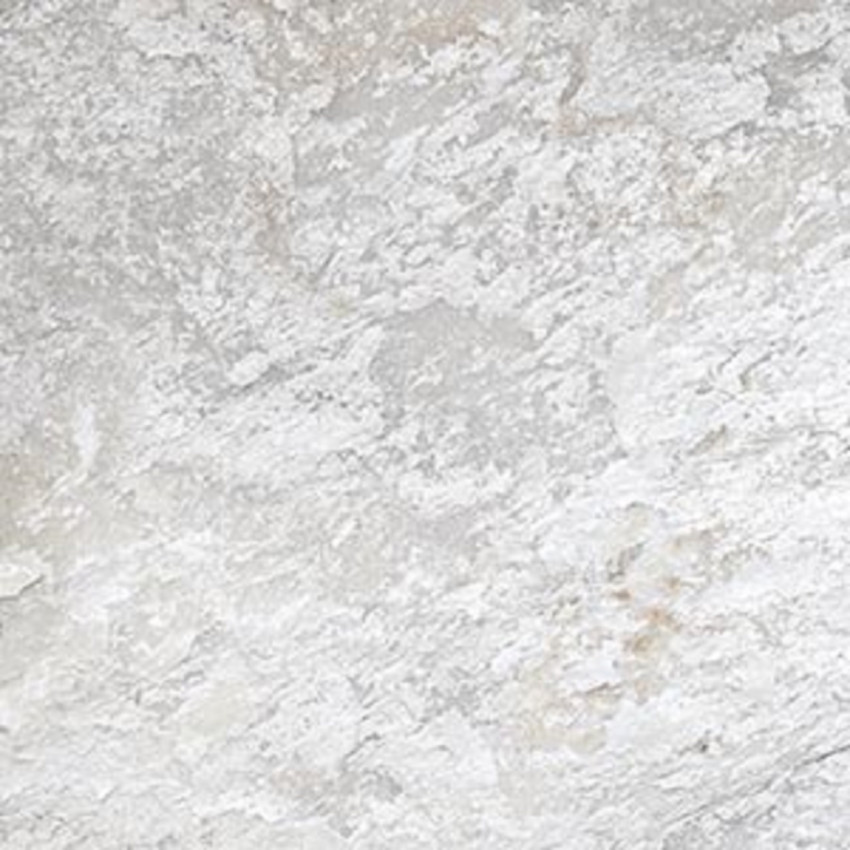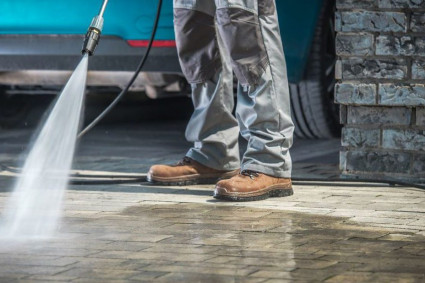
When it comes to flooring solutions for commercial spaces, durability is a key factor. Vitrified tiles have emerged as a popular choice due to their exceptional strength, longevity, and aesthetic appeal. This blog explores how vitrified tiles enhance durability in commercial environments and why they are an ideal investment for businesses looking to combine functionality with style.
What Are Vitrified Tiles?
Vitrified tiles are crafted through a process called vitrification, where clay, silica, and other components are fused at high temperatures. This process creates a dense, non-porous material that exhibits remarkable resistance to stains, scratches, and moisture. The result is a tile that not only looks elegant but also stands up to the rigorous demands of commercial use.
Key Benefits of Vitrified Tiles in Commercial Spaces
1. Superior Strength and Durability: One of the most significant advantages of vitrified tiles is their strength. The high-temperature vitrification process produces tiles that are much denser and more durable than traditional ceramic tiles. This makes them well-suited for high-traffic areas such as office buildings, shopping malls, and restaurants, where floors must endure constant footfall and potential impacts.
2. Low Porosity and Water Resistance: Vitrified tiles have an extremely low porosity level, which means they absorb very little water. This characteristic is crucial for commercial spaces, as it prevents water damage and staining, ensuring the tiles maintain their appearance over time. The low water absorption rate also makes these tiles resistant to mold and mildew, promoting a healthier environment.
3. Scratch and Stain Resistance: Commercial spaces often face the challenge of maintaining a pristine appearance despite heavy use. Vitrified tiles are known for their resistance to scratches and stains, making them an excellent choice for such environments. Whether it's the daily wear and tear from office chairs or the occasional spill in a restaurant, vitrified tiles can handle it all without showing signs of damage.
4. Ease of Maintenance: Maintenance is a significant concern in commercial spaces. Vitrified tiles are incredibly easy to clean and maintain. Their non-porous surface prevents dirt and grime from penetrating the tile, allowing for easy cleaning with standard commercial cleaning agents. This not only reduces maintenance costs but also ensures that the space remains hygienic and presentable at all times.
5. Versatility in Design: Vitrified tiles come in a wide variety of designs, patterns, and colors, offering endless possibilities for creating visually appealing commercial spaces. From polished and glazed finishes to double-charged and full-body tiles, businesses can choose the style that best complements their brand image and interior design.
Comparing Vitrified and Ceramic Tiles
Understanding the difference between vitrified and ceramic tiles can help in making an informed decision for commercial flooring needs.
Composition: Ceramic tiles are primarily composed of clay, minerals, and water, fired at lower temperatures. Vitrified tiles, however, contain a higher proportion of silica and undergo a vitrification process at higher temperatures, resulting in a denser and more durable material.
Porosity and Water Absorption: Ceramic tiles have higher porosity, making them more susceptible to water damage and staining. In contrast, vitrified tiles have a low water absorption rate, providing superior resistance to moisture and ensuring long-lasting beauty and durability.
Why Choose Vitrified Tiles for Commercial Spaces?
1. Long-Term Investment: Although the initial cost of vitrified tiles might be higher than other flooring options, their durability and low maintenance make them a cost-effective choice in the long run. Businesses can save on repair and replacement costs, making vitrified tiles a wise investment.
2. Enhanced Safety: Many vitrified tiles come with slip-resistant surfaces, which is an important safety feature for commercial spaces. This helps in reducing the risk of slips and falls, ensuring a safer environment for both employees and customers.
3. Environmental Benefits: Vitrified tiles are also an eco-friendly option. They are often made from natural materials and are fully recyclable. Their long lifespan means less frequent replacement, reducing waste and environmental impact.
Investing in vitrified tiles for your commercial space is not just about choosing a flooring solution; it’s about selecting a material that will enhance the overall experience for everyone who walks through your doors. With their wide range of designs and proven durability, vitrified tiles are indeed setting a new standard for commercial flooring.



